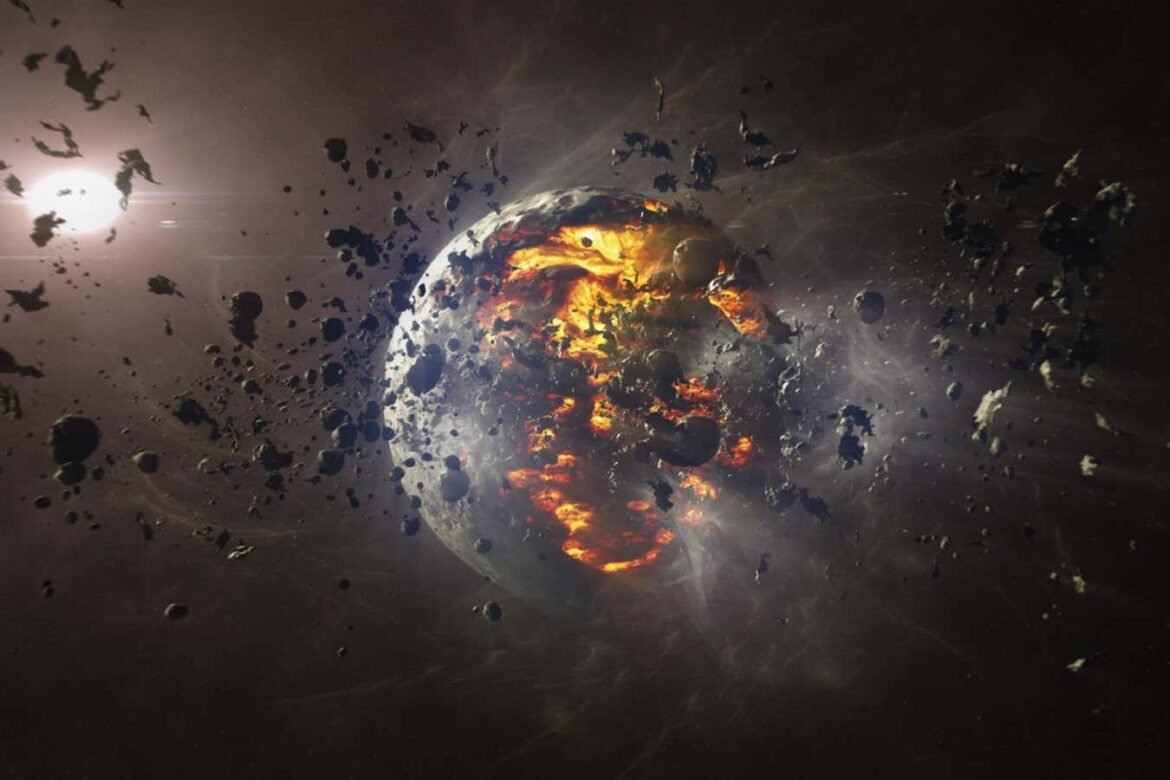There’s only one planet that we know of that hosts life – Earth. So what makes all the other planets so inhospitable? Which one is the worst? And would it be possible to make an even less hospitable world than any scientists have discovered so far? These are the questions that our hosts Leah Crane and Chelsea Whyte set out to answer.
This special episode of Dead Planets Society was recorded at New Scientist Live – New Scientist’s annual festival of ideas – in London on 8 October. Leah and Chelsea were joined by Lewis Dartnell, who is an astrobiologist at the University of Westminster in the UK, and Vincent Van Eylen, who studies exoplanets at University College London.
There are many candidates for the least-habitable known planet, and some are very close to home. For example, Mercury has one side that reaches temperatures of up to 430°C, while the other side stays around -180°C. Other terrible worlds are much more distant, such as the hot super-Jupiter called HAT-P-7b, which is more than 1000 light years from our solar system and only takes two Earth days to orbit its star – it’s so hot and dense in the atmosphere that it might rain sapphires. There are even planets that are slowly disintegrating and frigid worlds with no star at all where nothing ever changes.
But to make the worst of all possible worlds, our intrepid hosts and their guests decided to combine as many of these unpleasant properties as possible into one horrible planet full of intense radiation, acid rain, extraordinary winds, extreme temperatures and seas of lava. And they find that this awful world is surprisingly familiar…
Dead Planets Society is a podcast that takes outlandish ideas about how to tinker with the cosmos – from putting out the sun to causing a gravitational wave apocalypse – and subjects them to the laws of physics to see how they fare.
To listen, subscribe to New Scientist Weekly or visit our podcast page here.
Topics:

